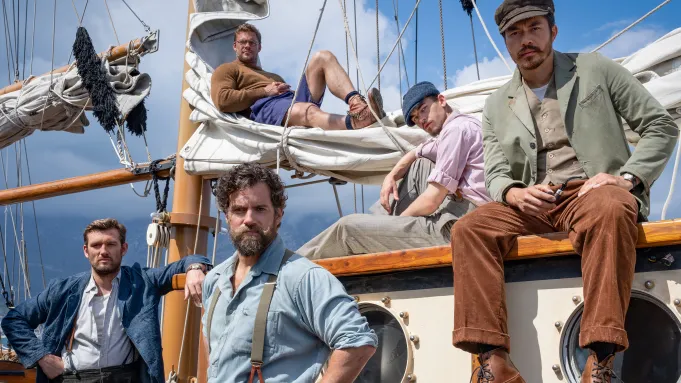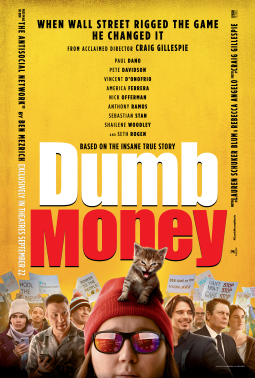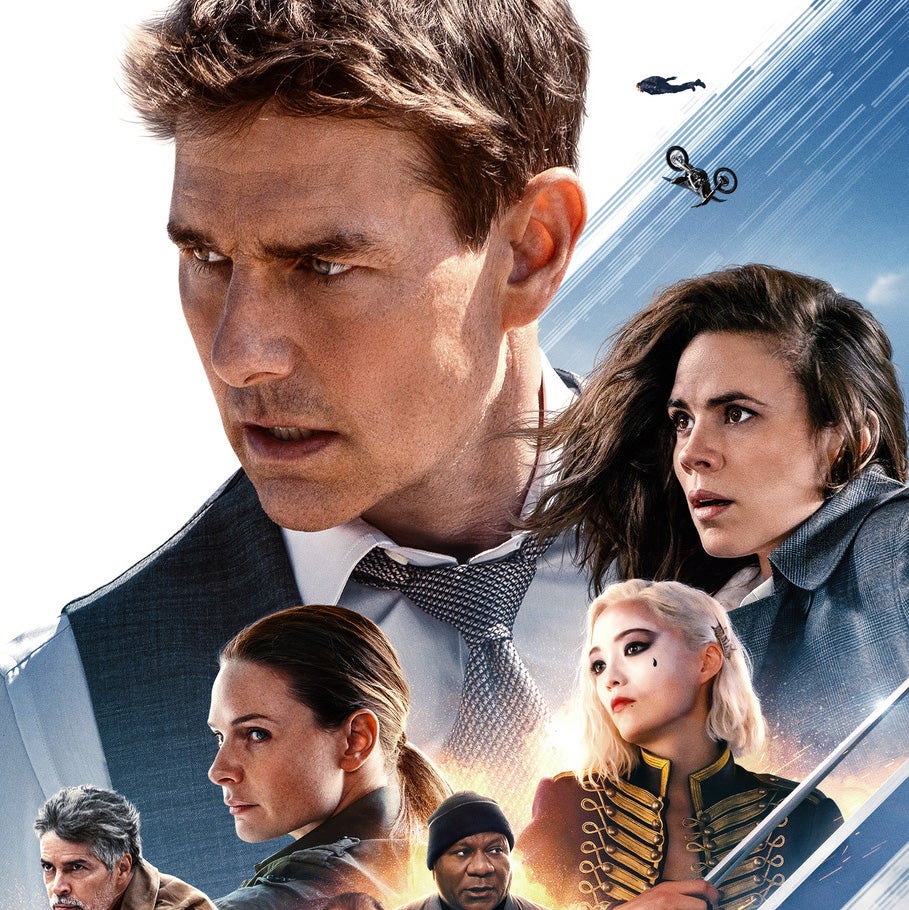This true story of a boy from a small town who dreams of becoming a rocket scientist is one of the best films ever made about the thrill and hard work of science and a great family movie.
In 1957 the Soviet Union launched Sputnik, the first man-made orbiting satellite. Thanks to Miss Riley (Laura Dern), a gifted teacher, Homer Hickam (Jake Gyllenhaal) and his high school friends peer up into the clear October sky over their tiny West Virginia coal mining town to see its tiny spark drift across the stars. Homer dreams of being a rocket scientist. His father, John (Chris Cooper), the mine supervisor, does not understand Homer’s longing for wider horizons. But others do. Miss Riley roots for “the unlucky ones.” Homer’s mother covers the kitchen wall with a mural of the seascape she longs to see. Homer’s friends are glad to be a part of something new and important, and the community is proud to have a hero.
We know from the beginning where this story is going, just as we know with “Rocky.” The triumph of the underdog is one of literature’s most enduring themes. As long as it is done well, audiences are happy to go along and it is never done better than it is here. The script, the production design, and the acting are all superb. Gyllenhaal’s expressive eyes show his longing for the stars a million light years away and for his father’s approval in his own home. Cooper makes a role that could have been a one-dimensional tyrant multi-layered and complex, even sympathetic. Plot twists that might seem heavy-handed or melodramatic work because we know they really happened, and because these characters make us believe. We care so deeply about them that when we see real home movie footage of the real-life Homer’s experiments over the closing credits we feel as though they are a part of our family.
Parents should use this movie to talk to kids about how Homer, not a great student and not especially strong in math, became so inspired by an idea that he begins to think in new ways. Using math and science to solve problems made it real to him, and the work involved was — like the eight- mile walk to his experimental launch site — unquestionably worth it. They should also talk about why it was hard for John to support Homer’s ambitions, why his mother saw it differently, whether Homer made the right choice in going to work in the mine — and in leaving it, how kids at school treat the “nerds” and why, how people are evaluated differently in school than they are once they get out, and how life in 1999 is different from the world of 1957.
Parents should know that a drunken stepfather beats up one of Homer’s friends in one scene (and is stopped by John) and that there are some very mild sexual references.
Kids who enjoy this movie might also enjoy “The Corn is Green,” another true story about a boy from the coal mines who is transformed by education. Two different versions are available, one with Katharine Hepburn and one with Bette Davis.






